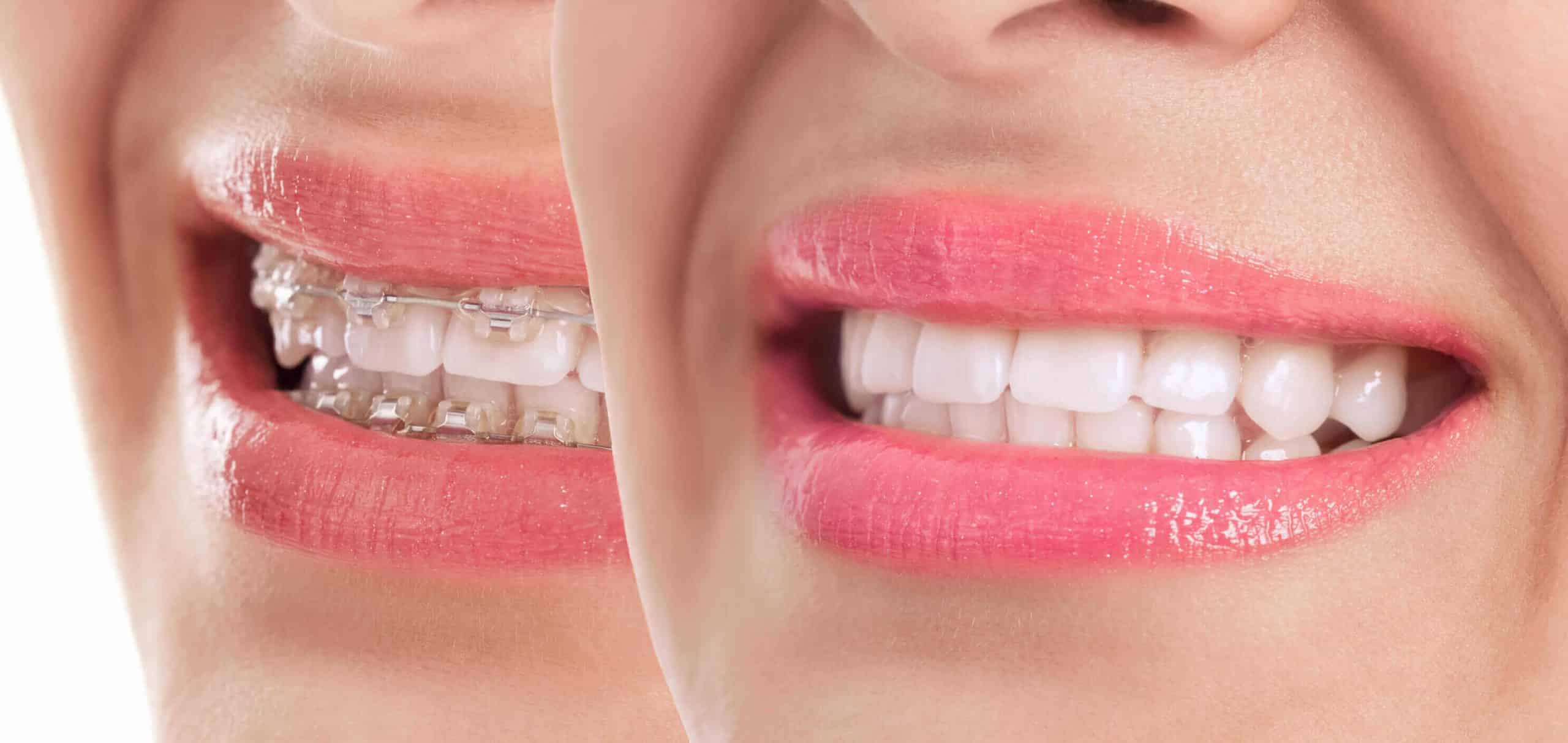
Want to Avoid Braces? Avoid These 5 Common Habits.
Genetics may determine our eye color or the color of our hair, but they aren’t as much a factor when it comes to misaligned teeth. More than genetics, environmental factors and habits play a major role in dental alignment—and, specifically, whether or not you or your kids will need braces.
The good news? While no one can dictate or drive genetic factors that impact oral health—factors that can lead to narrowed or misaligned jaws, cleft lip palates and misshapen teeth, for example—you can curb bad habits that lead to common misalignments. In many cases, that alone can be enough to ensure long-term oral health. Avoid these habits—or help your kids overcome than now—and you may be able to dodge braces:
how to avoid braces
1. Pacifiers and thumb-sucking
how to avoid braces
2. Extended bottle use
how to avoid braces
3. Sleeping face down
how to avoid braces
4. Leaning on your palm
how to avoid braces
5. Poor dental hygiene
You know that brushing and flossing twice daily is the key to fending off cavities and gum disease, but did you know that failing to do so can result in some other serious problems? Gingivitis, inflammation and other gum diseases that result from oral hygiene can affect how teeth grow. You also run the risk of losing teeth, which could alter your jaw structure and increase the need for braces.
These are just a few habits that can result in braces. Environmental conditions such as facial injuries and accidents, allergies, broken teeth, tooth extraction and diet play a major role in your oral health and the appearance of your teeth.
I love this office. Dr. Harrison and his staff are awesome. Everyone there is kind and patient. They have really up to date technology and give plenty of reminders for appointments (which makes a busy mom very happy)Danielle S., Collierville
How Do I Know if I or My Child Need Braces?
Misaligned teeth or an obvious overbite or underbite is a clear sign you may need braces. With routine trips to the dentist, we can spot problems early and develop a plan that will minimize the length and intensity of the treatment. There also some early indicators to watch for, including: .
- A change in facial appearance .
- Tongue biting or cheek biting .
- Pain when chewing or biting
- A lisp and other speech impediments .
- Heavy mouth breathing
If you or your child struggle with any of the habits discussed in this article, or your family has a history of misaligned teeth, we recommend scheduling a consultation with SOS Braces. During your appointment, we’ll evaluate your oral health and structure and give you advice regarding treatment options or kicking bad habits.




